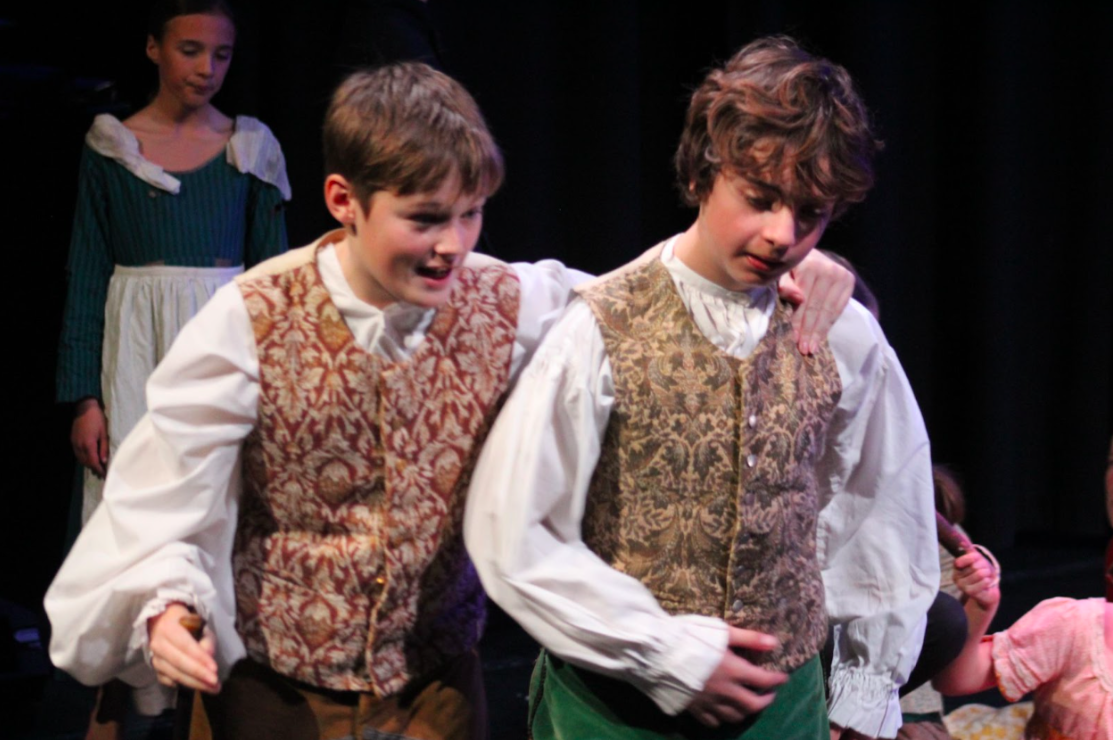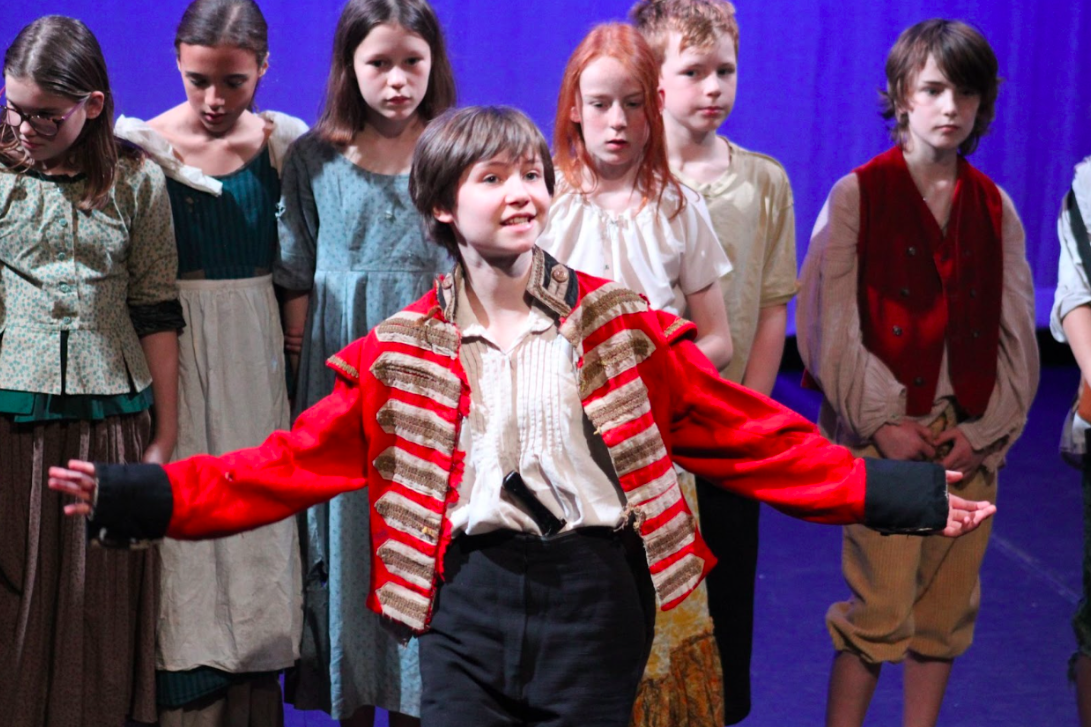We believe in the transformative power of performing arts. Beyond the academic syllabus, the arts are at the heart of our curriculum, as we understand that there’s more to this storytelling tapestry than what meets the eye.
At our independent school in Devon, our devotion to the performing arts extends back to the roots of our school, where we recognised that these disciplines offer more than just entertainment. The arts are a gateway to unlocking creativity, nurturing self-expression, and cultivating a well-rounded individual.
While it’s easy to perceive performing arts as just singing, dancing, or acting, they go beyond the surface, revealing an excellent opportunity for students to develop a network of skills. In this guide, we’ll uncover why performing arts is so important in education, as well as the plethora of unique benefits this creative subject offers our students.
1. Improved Confidence and Self-esteem
Self-expression is encouraged and embraced in performing arts. There’s no right or wrong answer, and all opinions and ideas are considered. This differs from other subjects, such as Maths or Science, where there’s usually a particular method or strategy to follow strictly.
It is often this lack of creative boundary that encourages confidence and boosts self-esteem, as student suggestions give them a chance to explore alternative ideas, encouraging them to share their gut feelings and emotions freely, which, in turn, gives them the space they need to openly express who they are.
2. Teaches Students to Value Critical Feedback
Another benefit of performing arts education is that students learn to value critical feedback – an essential part of growing up. Children can be negatively impacted by being told something is wrong or that their suggestion isn’t the correct way of doing something, discouraging them from sharing their thoughts again due to the fear of being wrong.
However, performing arts promote an open and comfortable environment where positive feedback is necessary for improvement. Instead of something being wrong, there are multiple alternatives they can explore and try.
3. Develops New Skills
Within this open learning environment is the opportunity to develop and nurture new skills. As constructive feedback is gained and ideas are tried and tested, children discover their strengths and weaknesses and develop ways to overcome new challenges. Performing arts encourages students to develop these skills:
- Creativity and innovation
- Communication skills
- Teamwork and collaboration
- Discipline and time management
- Critical thinking and problem-solving
- Emotional intelligence
- Self-confidence
Incorporating performing arts into education not only cultivates these skills but also makes the learning process engaging and enjoyable. It provides students with a well-rounded education beyond textbooks, empowering them with a diverse skill set that can serve them well in their academic pursuits and throughout their lives.
4. Communication and Presentation
Performing arts requires children to read and memorise scripts and present them to their peers or an audience. This helps to develop a child’s vocabulary and allows them to explore voice tones and express themselves through movement. Children also learn to listen to their peers through performance pieces, as well as share different thoughts and ideas. In turn, this will help them become more confident with their communication and improve how they present themselves in the future.

5. Encourages Creativity
Creativity is an essential skill in both childhood and adult life. As we age, we’re required to problem-solve, create plans and adapt to emerging or difficult situations. One way to exercise this skill is through performing arts. During a class, children are encouraged to consider alternative perspectives and explore new ideas. While doing this, they’re creating solutions and developing different ways of thinking. For more on creativity, read our blog on the importance of creativity for a pupil’s development.
6. Empathy
Exploring and acting as other characters encourages children to consider the emotions of the other person they are portraying. This immersion and discovery of someone new will present to them the challenges and successes of the character. Through this, they will better understand their own emotions, as well as other people’s. Empathy can be difficult to teach, but through performing arts, your child will be encouraged to understand and share the feelings of others.
7. Creates a Sense of Community
In performing arts, almost all ideas are considered. This inclusion creates a unique sense of community amongst pupils. Strong relationships are built as peers develop an understanding of each other and learn to work together. The cooperation required results in members feeling included and accepted in a safe and comfortable environment that allows children to flourish.
The sense of community isn’t limited to children, either. As school plays and musical events are put on throughout the term, parents and other close relatives can enjoy the hard work of the children. These shows are the chance for the children to feel connected to the broader community of their school, as well as enjoy the opportunity to show their loved ones their recent efforts.
We value the importance of performing arts, which is why it is an essential part of our teaching. At our private school, we offer several ensembles, wind bands, flute groups, choirs, and a clarinet trio, as well as frequent concerts. We also hold performances and assemblies where your child can take to the stage! Recognition for excellence in the performing arts is also offered through our private primary school scholarships.
If you’d like to find out more about St Peter’s, take a look at our prospectus below.










